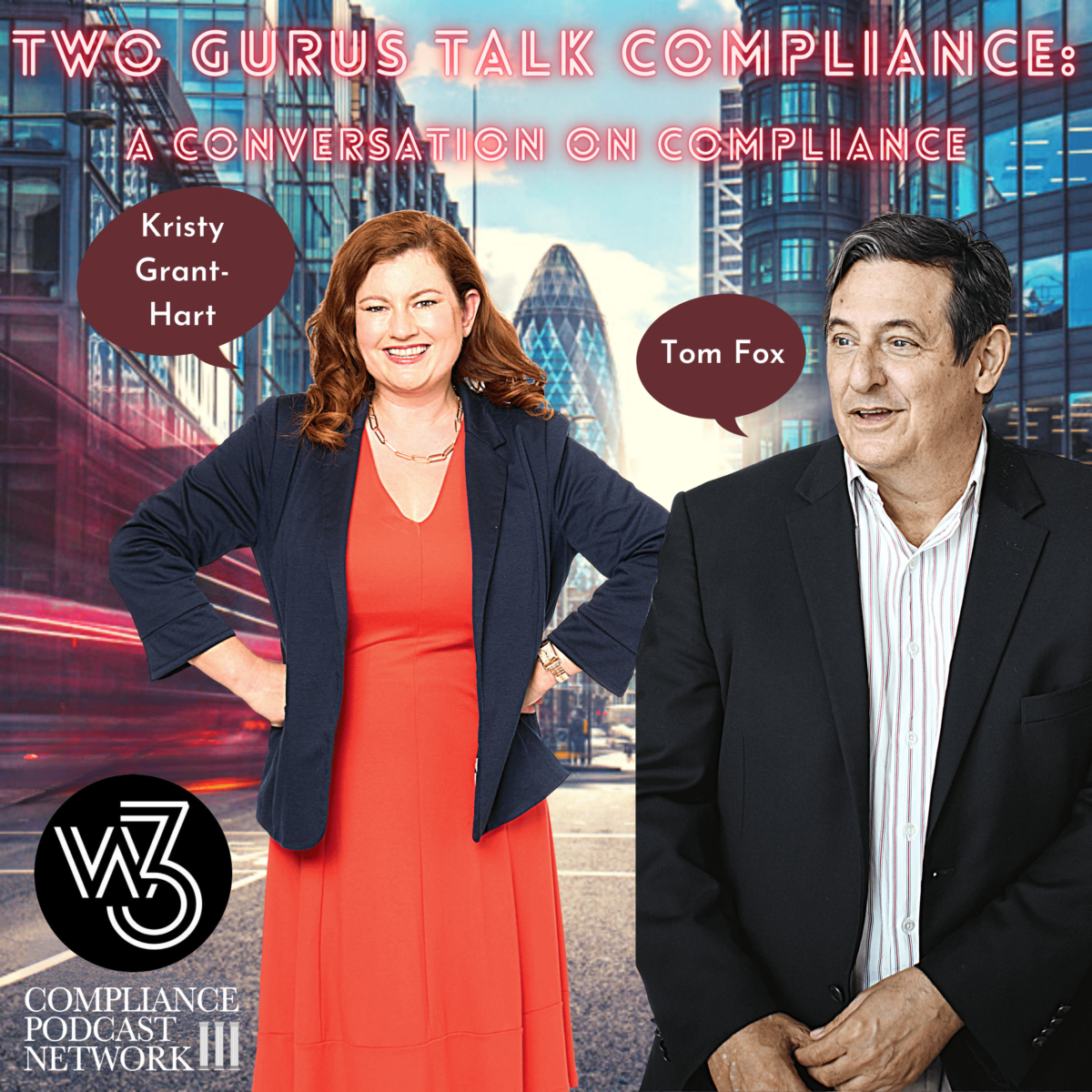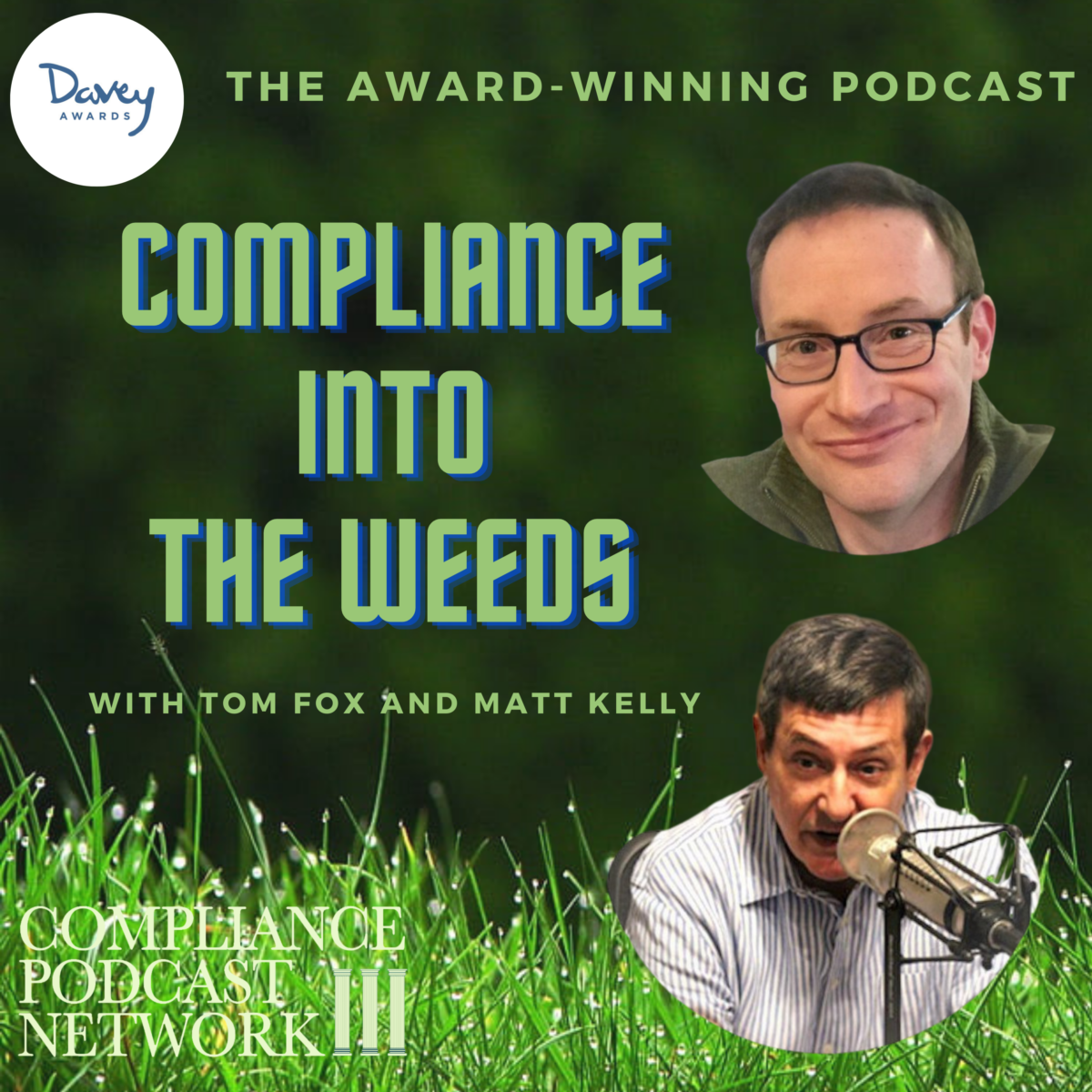We recently had a Foreign Corrupt Practices Act (FCPA) enforcement action that reminded me that everything old is new again in anti-corruption compliance. The Securities and Exchange Commission (SEC) FCPA enforcement action involving Deere has bribery schemes that were torn literally from the first decade of the 21st century as they involved gifts, travel, and entertainment. In other words, it was about a low set of hanging fruit that any compliance officer would see. Today, I want to conclude my multipart look at the case and see what lessons the enforcement action can provide to the 2024 compliance professional.
Deere offers valuable insights for compliance professionals tasked with ensuring that corruption risks are identified, mitigated, and resolved during the post-acquisition phase of M&A. This post will explore the key lessons from the Deere FCPA enforcement action, focusing on post-acquisition integration and investigation. As organizations expand through acquisitions, especially in foreign markets, the compliance team is critical in safeguarding the company from inheriting liabilities that could have been avoided with effective post-acquisition measures.
Deere, a multinational corporation known for its agricultural machinery, faced FCPA enforcement following its acquisition of a foreign company, the Wirtgen Group, which operates in regions with high corruption risks, specifically in Thailand. The Wirtgen Group-Thailand had engaged in corrupt practices, including the bribery of foreign officials to win contracts. After the acquisition, these activities continued for a period, undetected by Deere’s compliance team, which had not yet fully integrated the acquired company into its compliance program.
This case is a cautionary tale for compliance professionals on the importance of swift and effective post-acquisition integration and investigation processes. The lesson here is clear: post-acquisition efforts cannot be an afterthought. They must be a central part of the compliance strategy from day one.
Establish a Post-Acquisition Integration Plan from the Start
One key takeaway from the Deere FCPA enforcement action is the need for a well-defined post-acquisition integration plan with a robust compliance component. All too often, post-acquisition focuses on operational integration, with compliance being pushed down the priority list. However, Deere’s case demonstrates that failing to integrate compliance programs immediately can result in ongoing illegal activities that expose the acquiring company to FCPA violations.
Compliance professionals must ensure that the integration plan includes the following.
Immediate roll-out of the parent company’s compliance policies and procedures to the acquired entity.
- Compliance training for all acquired company employees, focusing on FCPA and anti-corruption standards.
- Review and revise the acquired entity’s third-party relationships to ensure compliance with the company’s standards and the FCPA.
- Enhanced monitoring of high-risk activities, particularly interactions with foreign officials or government contracts.
Had Deere implemented these steps immediately post-acquisition, it could have identified and halted the corrupt practices sooner, avoiding the costly consequences of prolonged illegal activities.
Prioritize Post-Acquisition Investigations
Post-acquisition investigations are crucial in identifying undisclosed or ongoing corrupt activities within the acquired entity. The Deere case highlights how important it is for compliance professionals to conduct thorough investigations after the acquisition to ensure that any risks missed during the pre-acquisition phase are uncovered.
Key components of a post-acquisition investigation include:**
- Forensic reviews of financial transactions, particularly payments to third parties, to detect any suspicious or abnormal patterns that could indicate bribery or corruption.
- Employee interviews at various levels of the acquired entity to gather information about day-to-day operations, compliance culture, and potential risks.
- Contracts and business deals are reviewed to ensure no irregularities or unethical practices, particularly in jurisdictions with high corruption risks.
- 3rd-party audits of key suppliers, agents, and intermediaries who may have been involved in transactions with government entities or foreign officials.
In Deere’s case, a thorough post-acquisition investigation could have identified the ongoing corrupt practices early, allowing the company to take corrective action before it became the subject of an FCPA enforcement action.
Leverage Internal and External Resources for Compliance Integration
Deere’s failure to quickly integrate its compliance program into the acquired entity highlights the need for compliance professionals to leverage internal and external resources to accelerate the integration process. Post-acquisition compliance integration is often resource-intensive, especially when acquiring companies with operations in high-risk regions.
Key steps include the following.
- Internal audit teams will be utilized to conduct a deep-dive assessment of the acquired entity’s financial and operational controls, focusing on FCPA compliance.
- Engaging external forensic auditors and FCPA specialists to assist with investigations in high-risk jurisdictions where corruption is more likely to occur.
- Establishing cross-functional teams that include representatives from compliance, legal, finance, and operations to ensure that compliance integration is holistic and touches every aspect of the acquired business.
Deere could have benefited from engaging external experts to help accelerate the compliance integration process and identify areas of concern within the newly acquired entity. By failing to do so, the company allowed corrupt practices to continue, resulting in significant FCPA penalties.
Monitor and Reassess Compliance Risks Regularly
Post-acquisition compliance efforts don’t end with the initial integration. Continuous monitoring and reassessment of compliance risks are essential to ensure that the acquired entity remains aligned with the parent company’s standards and the requirements of the FCPA. This is particularly important in industries and regions where corruption is more prevalent.
Continuous monitoring should include the following.
- Regular audits of financial transactions and third-party payments.
- Ongoing risk assessments that factor in changes in business operations, market conditions, and regulatory environments.
- Compliance reporting mechanisms, such as whistleblower hotlines, allow employees of the acquired entity to report any concerns anonymously.
- Periodic reviews of the acquired entity’s compliance culture are needed to ensure that employees adhere to the company’s anti-corruption policies.
In Deere’s case, ongoing monitoring could have helped identify and mitigate corruption risks earlier in the post-acquisition phase. The absence of regular monitoring and reassessments allowed corrupt practices to continue unchecked for an extended period.
Act Swiftly on Red Flags if They Appear
The most critical lesson from the Deere case is quickly identifying red flags. In this case, the acquired entity had numerous warning signs, including operations in high-risk regions, dealings with government officials, and lacking robust internal controls. However, these red flags should have been addressed promptly, allowing illegal activities to persist.
When red flags are identified, take some of the following steps.
- Launch a formal investigation immediately to determine the scope of the issue.
- Take corrective action, including terminating contracts with third parties involved in corrupt practices or dismissing employees who engage in illegal activities.
- Notify regulatory authorities if there is a risk of FCPA violations and work proactively to resolve the issue before enforcement actions are taken.
Had Deere acted swiftly on the red flags within the acquired entity, the company might have been able to avoid the FCPA enforcement action and the associated penalties.
The Deere FCPA enforcement action provides a sobering reminder that compliance efforts cannot end with signing an acquisition deal. For compliance professionals, the real work begins in the post-acquisition phase. By prioritizing compliance integration, conducting thorough post-acquisition investigations, leveraging internal and external resources, continuously monitoring compliance risks, and swiftly acting on red flags, companies can avoid the pitfalls that Deere faced.
In today’s global business environment, with companies expanding through M&A in high-risk jurisdictions, compliance professionals must take a proactive and vigilant approach to post-acquisition compliance. The lessons from Deere remind us that the cost of failure is high, but with the right strategies in place, the risks can be managed effectively.
As a compliance professional, your role is to ensure post-acquisition compliance becomes integral to your company’s M&A strategy, protecting your organization from FCPA risks and safeguarding its reputation in the global marketplace.










